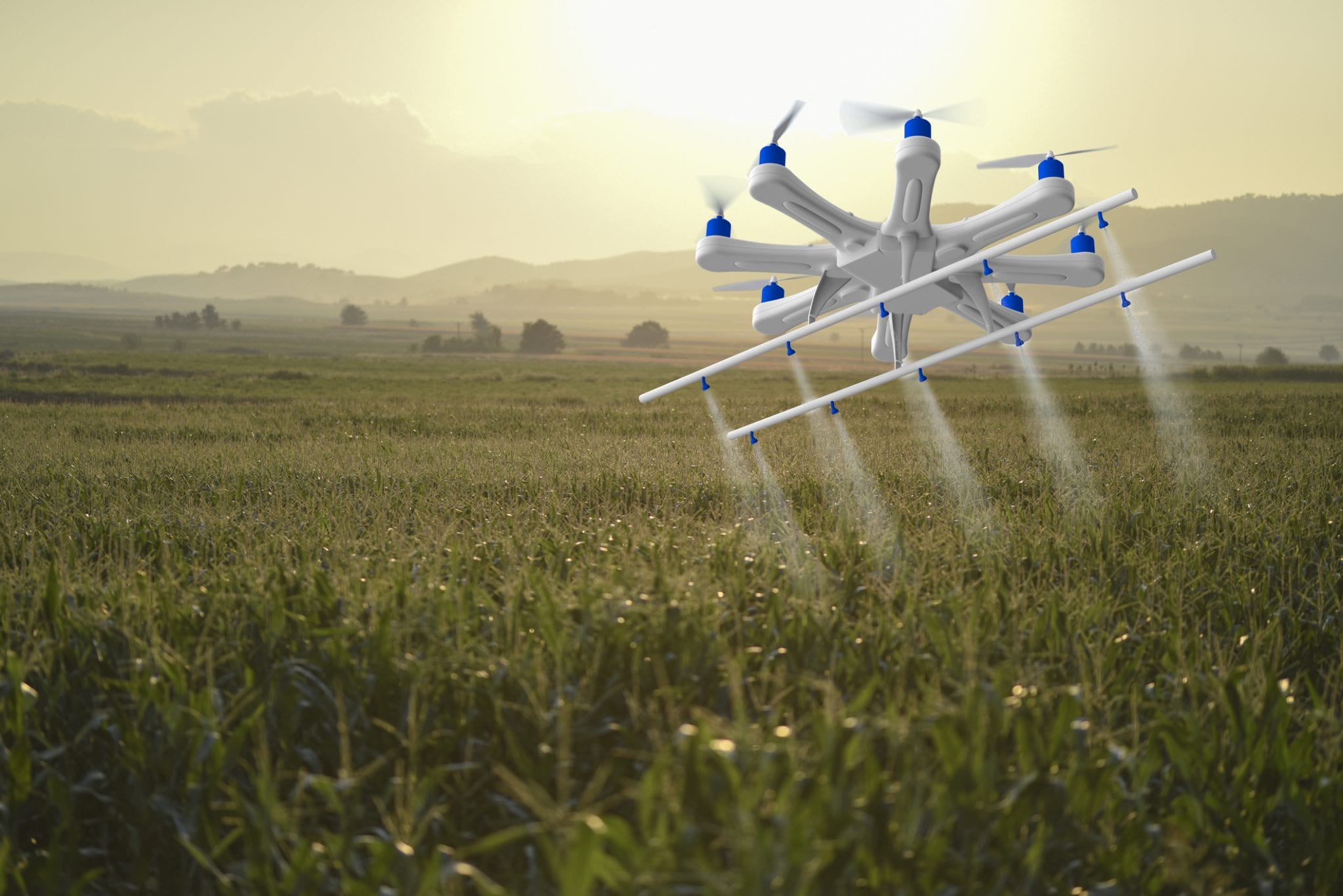Pesticides are under increasing scrutiny. Richard Maycock examines the challenges facing producers and growers as they battle to protect crops, while still meeting increasing demands to protect the environment and consumers
1 Regulatory hurdles
The regulatory system for chemical crop protection has become more transparent, but also more rigorous. This is placing an increasing burden on the industry, with more than half of active ingredients having been withdrawn (in the EU) since 1991. The regulation of biopesticides is still in its infancy, so although biopesticides may replace some of the banned chemicals, we can expect increasing challenges, particularly political, for this group of substances.
2 Resistance
There has been no new mode of action for herbicides for more than 30 years. Resistance to single and multiple modes of action in the weed population has increased steadily since the 1970s and is now evident in hundreds of species. A similar situation could be presented for the countless fungi and insects that have developed resistance. This must be addressed by new innovative technologies.
3 Yields
High crop yields are critical for sustainability and food security. In the case of, for example China and the EU, where high-input agriculture is common (especially the use of herbicides), yields are substantially higher than in India, where herbicide use is much rarer. In general terms, intensification does lead to higher yields but at the same time there will be some suppression of biodiversity. In our chase to find the highest possible yields we may still need to maximise the benefits some appropriate non-cropped areas. Again, new technologies will be critical to try to maximise yields within the land footprints we have.
4 Invasive species
Infestations of fall armyworm on maize in Africa and Asia have become significant. We have seen rapid colonisation across a third of of the world within a single year. In Asia, fall armyworm was first detected in India in July 2018. By mid-2019 it had spread as far as Thailand and the Philippines. There are thousands of invasive species, some from human introductions, some from natural biology, and we must be alert and responsive to them. Unfortunately, there is no simple solution: outbreaks usually need to be tackled by multiple approaches with systematic protocols.
5 Integrated Pest Management and Convergence of Technologies
The importance of IPM has been known in principle for decades and though mandatory in many countries, uptake is slow in some parts of the world. More research and training would help to push this forward. New opportunities exist in chemistry (e.g. biopesticides, bio-stimulants) plus technologies and practices (e.g. artificial intelligence, robotics, advanced hybrids, gene editing etc) as well as the more established IPM practices such as resistance traits and effective cultural practices. Chemical pest control will remain, but this should be employed in concert with the other actions and technologies. The big question is, how this will be delivered effectively to farmers across the globe? The most probable outcome is a combined offering, covering conventional chemistries with services that sell not ‘crop protection’ but ‘the best opportunities for quality and high yields using these convergent technologies’.
Information adapted from an address by Richard Maycock, Corteva AgriScience, with thanks to James Garratt at Enviresearch
For information on CHAP’s work in this area, take a look at our Fungal Biopesticide Development Lab. To see the work being done to develop a biological control for Cabbage Stem Flea Beetle go to CSFB. If you are looking to develop your own project the National Reference Collection could help.
If you have any questions centred around IPM or want to contact the CHAP team to discuss a specific project idea, send us an email at enquiries@chap-solutions.co.uk
Please note, the opinions expressed in this article are the author’s own and do not necessarily reflect the views or opinions of CHAP.













